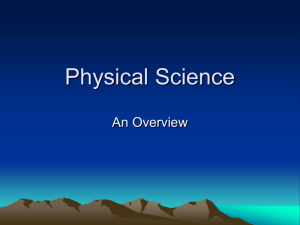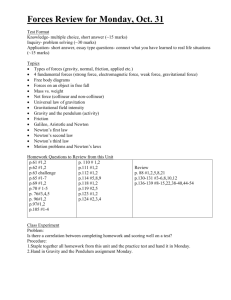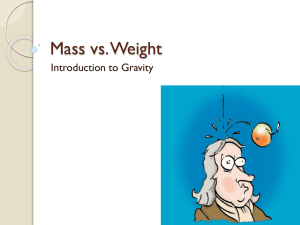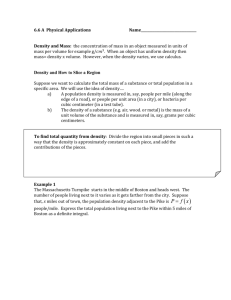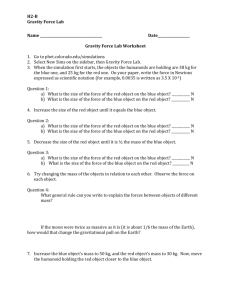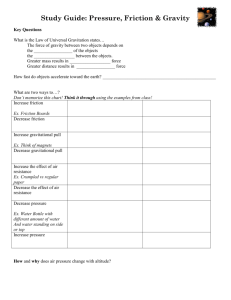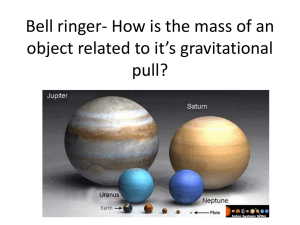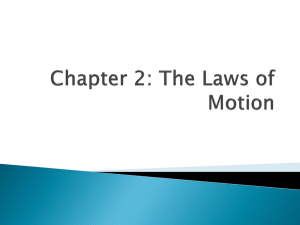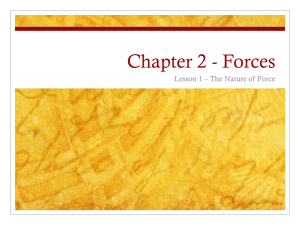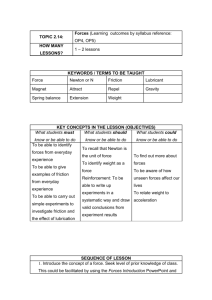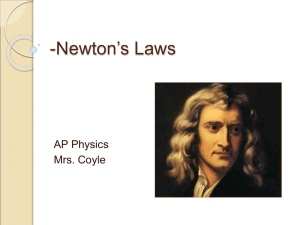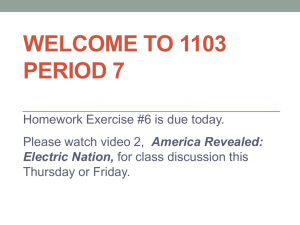Stations Activity - Manhasset Public Schools
advertisement
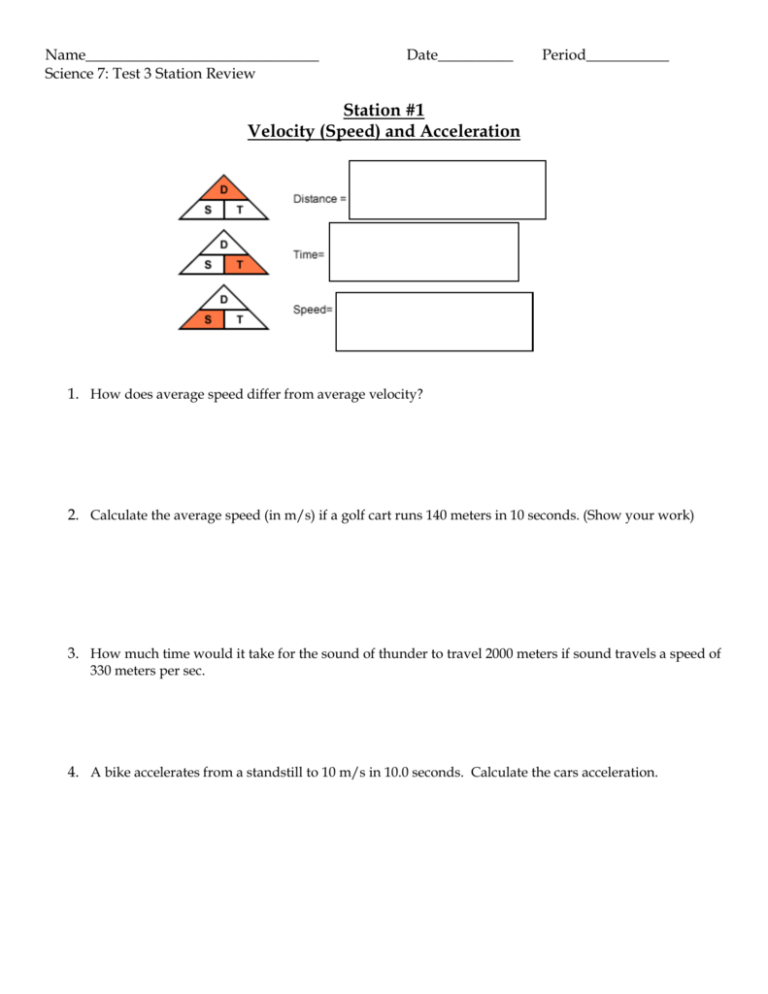
Name_______________________________ Science 7: Test 3 Station Review Date__________ Period___________ Station #1 Velocity (Speed) and Acceleration 1. How does average speed differ from average velocity? 2. Calculate the average speed (in m/s) if a golf cart runs 140 meters in 10 seconds. (Show your work) 3. How much time would it take for the sound of thunder to travel 2000 meters if sound travels a speed of 330 meters per sec. 4. A bike accelerates from a standstill to 10 m/s in 10.0 seconds. Calculate the cars acceleration. Name_______________________________ Science 7: Test 3 Station Review Date__________ Period___________ Station #2 Graphing Directions: At this station, you will organize and graph the given data, and then answer questions according to the graph. A car traveled a total distance of 240 kilometers between 8:00 am and 11:00 am. The data table below shows the car’s distance from the starting location at 0.5-hour intervals during the trip. Using the information given, construct a line graph on the grid provided, following the directions below. _____ 1. Construct a graph for the variables: Total Time (Hours) vs. Distance from Starting Location (kilometers) _____ 2. Label the axes with an appropriate title. Be sure to include units. _____ 3. Mark an appropriate scale on each axis. _____ 4. Plot the data. Surround each point with a small circle and connect the points. _____ 5. Title your graph. a) Describe the general relationship between the two variables in this graph. ____________________________________________________________________________________ ____________________________________________________________________________________ b) Give one possible explanation for the car’s distance from the starting location at 9:00 am and at 9:30 am. ____________________________________________________________________________________ Name_______________________________ Science 7: Test 3 Station Review Date__________ Period___________ Station #3 Newton’s Laws *Directions: Provide a sketch and description of an example for each of the following statements below. Each of the statements describes an aspect of Newton’s Laws of Motion. Newton’s Statement: An object at rest will stay at rest until pushed or pulled. A moving object will keep moving in a straight line until pushed or pulled. The greater the force, the greater the change in motion. For every action, there is an equal and opposite reaction. Your Example Name_______________________________ Science 7: Test 3 Station Review Date__________ Period___________ Station #4 Motion 1. An object in motion is moving IN RELATION to an object that appears to _______________________ (stay still/keep moving). 2. What is a reference point? ______________________________________________________________________________________ ______________________________________________________________________________________ 3. Why is Earth’s surface most commonly used as a reference point? ______________________________________________________________________________________ ______________________________________________________________________________________ 4. Answer the following questions by imagining you are driving in a car at 55 mph. a. A truck pulls up next to you and it appears as if the truck is not moving. Explain why this occurs. ________________________________________________________________________________ ________________________________________________________________________________ b. The truck suddenly appears as if it is moving backwards. Explain why this occurs. ___________________________________________________________________________________ ____________________________________________________________________________________ 5. A complete description of your position includes a distance, a direction, and a reference point. Describe your position in the class room right now. ______________________________________________________________________________________ _____________________________________________________________________________________ Name_______________________________ Science 7: Test 3 Station Review Date__________ Period___________ Station #5 Friction, Gravity, and Air Resistance - - Gravity is the attractive force between two objects. Gravitational force depends on how much mass the objects have and how far apart they are. The larger the mass, the greater the force. The closer the objects, the greater the gravitational pull. Gravity is of the forces acting on orbiting objects such as satellites. Gravity also acts on projectiles, such as a thrown baseball. On Earth, gravity is a force that acts on all objects at all times. Friction occurs when two objects rub against each other. It produces heat energy. Friction is a force that opposes motion. It will cause a moving object to slow down. Air Resistance is a form of friction that occurs when air rubs against objects. Review Questions 1. When you pull a wagon you are exerting a ____________________ on the wagon. 2. Gravitational force is greatest when two objects are ____________________ to each other. 3. The gravitational force of a large planet is ____________________ than a smaller planet. 4. The force that will slow down motion is ____________________. 5. When two objects rub against each other ____________________ energy is produced. 1. The diagram shows the relative sizes of four planets. Which has the greatest gravitational force? a. Mercury b. Venus c. Neptune d. Pluto 2. The diagram shows a space craft returning to Earth for landing. At which position is the gravitational attraction between the spacecraft and Earth the least? a. A b. B c. C d. D 3. The diagram below shows the forces acting on an object. Which describes the motion of the object? 100 N 160 N a. The object will not move b. the object will move up c. the object will move down
